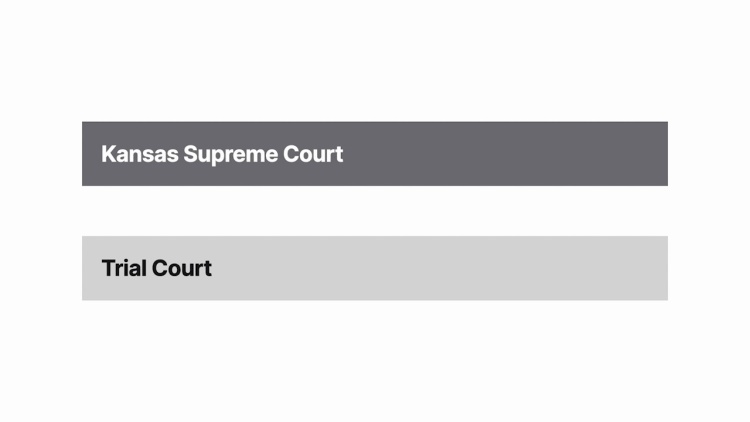Kansas v. Crane
United States Supreme Court
534 U.S. 407 (2002)
- Written by Walter Machniki, JD
Facts
Crane (defendant) was a previously convicted sex offender who suffered from exhibitionism and antisocial personality disorder. Kansas sought his civil commitment, and after a jury trial in district court, Crane was ordered to be committed. The state supreme court reversed the commitment, claiming that the precedent case Kansas v. Hendricks, 521 U.S 346 (1997) had interpreted the United States Constitution as requiring there to be “a finding that the defendant cannot control his dangerous behavior.” In the state supreme court’s opinion, the trial court did not make such a finding. Kansas appealed this decision to the United States Supreme Court, claiming that the state supreme court wrongly interpreted the Hendricks opinion when it stated that the “state always [has] to prove that a dangerous individual is completely unable to control his behavior.” The United States Supreme Court granted certiorari.
Rule of Law
Issue
Holding and Reasoning (Breyer, J.)
Dissent (Scalia, J.)
What to do next…
Here's why 907,000 law students have relied on our case briefs:
- Written by law professors and practitioners, not other law students. 47,100 briefs, keyed to 996 casebooks. Top-notch customer support.
- The right amount of information, includes the facts, issues, rule of law, holding and reasoning, and any concurrences and dissents.
- Access in your classes, works on your mobile and tablet. Massive library of related video lessons and high quality multiple-choice questions.
- Easy to use, uniform format for every case brief. Written in plain English, not in legalese. Our briefs summarize and simplify; they don’t just repeat the court’s language.





